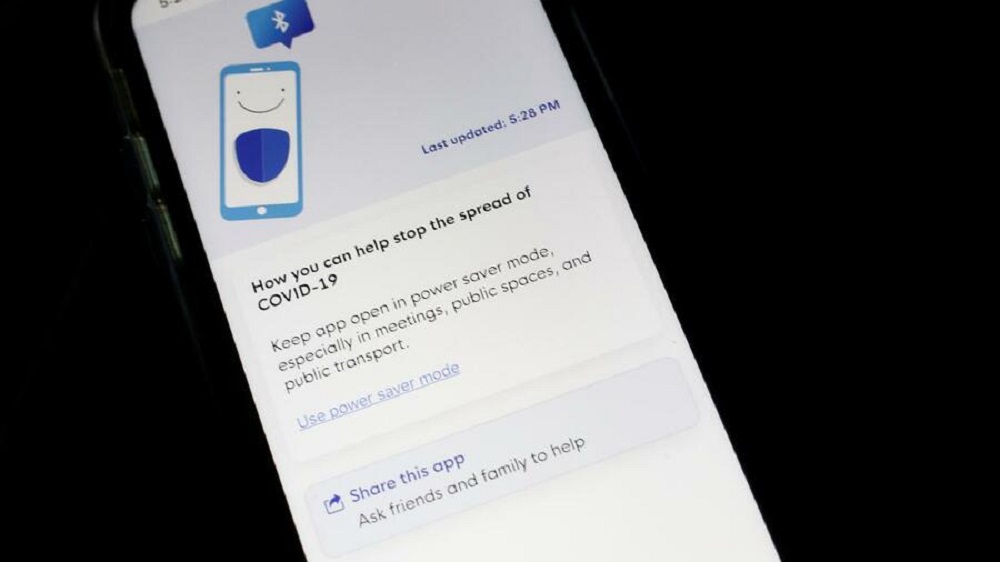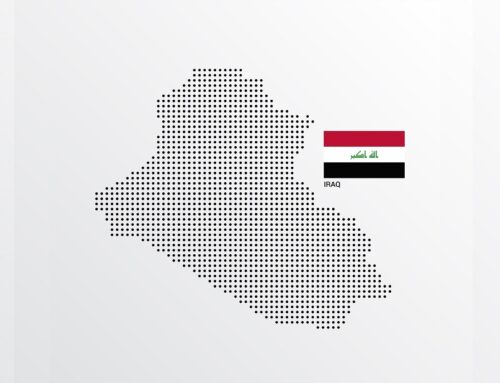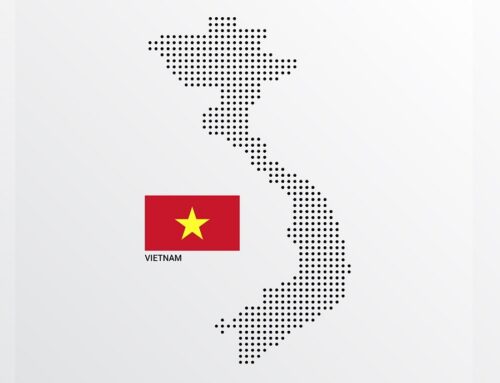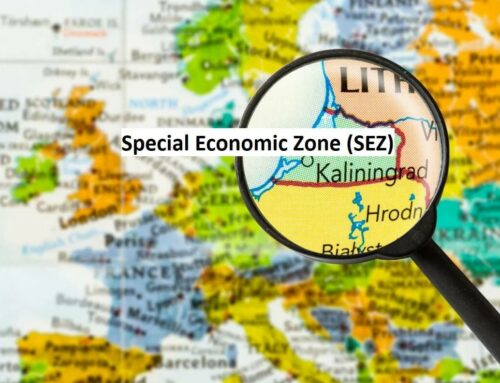In the last decade there has been a vehement discussion about technological literacy, privacy policy and the necessity of advanced techniques in modern digital age. At the time of Covid-19, controlling the spread of the infection is crucial. The public debate around how to protect society and individuals from coronavirus has become increasingly focused on digital tools, especially on the development and the use of various coronavirus apps.
Mass public became aware of such ambitious projects in April 2020 when Apple and Google announced a collaboration to combat spreading of Covid-19 and to provide governments and health organizations a contact-tracking technology (CTI). Contact-tracing technology apps aim to help health authorities identify the spread of infections and to inform those who have been in the close proximity of a person infected with Covid-19. Some European countries (Croatia, Hungary, Austria, Norway, etc.) have already launched or intend to launch a mobile tracing app designed to track individuals who are infected or at risk of contracting the virus pandemic.
North Macedonia has become the first country in the Western Balkans to use a contact-tracking application in practice to tackle the spread of the virus. The Macedonian government pointed out that user data is protected and there are no privacy breaches. An app called StopKorona! by Skopje-based software company Nextsense was released on 13th April 2020 with Bluetooth-based smartphone app which alerts users if they are in a close proximity with someone who has tested positive for Covid-19. This information is measured on the distance between two mobile phones. Interestingly, the app has been downloaded more than 5.000 times within 24 hours from launching.
According to Human Rights Watch, rights-based legal safeguards should govern the appropriate use and handling of personal health data. Governments should address the more fundamental question of whether such technologies are truly effective in curbing the spread of Covid-19 or may in fact misrepresent an individual’s risk of infection or mislead the public. Excessively compromising privacy is a gateway to undermining other rights, such as freedom of movement, expression, and association. This is particularly problematic in the absence of transparent and meaningful limits on data collection, retention, and use.
On 16th April 2020 the Commission published an EU toolbox for the use of mobile applications for contact tracing and warning and on 13th May 2020 Interoperability guidelines for approved contact tracing mobile applications. Aim of governments and companies should be to follow guidelines and engage relevant stakeholders (including civil society, scientists, epidemiologists) in decision-making process to understand the issues at hand. Cristiane Woopen, German medical ethicist working on the PEPP-PT project (Pan-European Privacy-Preserving Proximity Tracing) empahizes apps like phone-tracking will only work if people understand and trust in it and their autonomy is to be intact. Consequently, that means effectiveness greatly depends on how many people are willing to use them. Members of European Parliament (MEPs) in a plenary debate highlighted that the tracing apps must be truly voluntary, non-discriminatory and transparent. The use of the application must be strictly limited to contact tracing and the data must be deleted as soon as the situation allows. MEPs also emphasized the need for a coordinated approach in developing and using the apps to ensure their cross-border interoperability.
EU justice commissioner Didier Reynders stated that »COVID-19 contact-tracing apps must only be used during the pandemic and will need to be automatically de-activated once the crisis is over«. Reynders responded to MEPs’ concerns by highlighting that national authorities will work together with the EU data protection authorities to ensure that the tracing apps comply with EU privacy and data protection laws in place. Commissioner also stressed that the Commission strives to ensure a common approach between EU countries so that the apps are interoperable.
The mobile phone tracking software described above raise questions whether governments are collecting, using, and retaining data beyond what is necessary for legitimate and targeted disease surveillance measures. Transparency is a prerequisite both for protecting individual rights and for assessing whether government practices are lawful, necessary and proportionate. As Article 19 stated »It is vital that the current pandemic is not used to create a permanent tool for mass surveillance of some sections of the population or the society at large. It is essential that the collection of people’s information to track coronavirus does not lead to its exploitation for any other purpose, and that this tracking apparatus is dismantled as soon as the pandemic is over. These apps can, at most, be a support or a complementary measure, but not the solution – and they must not be viewed as such.«
REFERENCES:
- Article 19. Coronavirus apps and human rights: what you need to know. Retrieved from https://www.article19.org/resources/coronavirus-tracking-apps-and-human-rights-what-you-need-to-know/
- Balkan Insight. North Macedonia is the first country in the Western Balkans. Retrieved from https://balkaninsight.com/2020/04/16/north-macedonia-leads-region-in-covid-19-tracing-app/
- BBC News. Coronavirus: State surveillance ‘a price worth paying’. Retrieved from https://www.bbc.com/news/technology-52401763
- European parliament. COVID-19 tracing apps: MEPs stress the need to preserve citizens’ privacy. Retrieved from https://www.europarl.europa.eu/news/sl/press-room/20200512IPR78915/covid-19-tracing-apps-meps-stress-the-need-to-preserve-citizens-privacy
- How to choose a coronavirus tracking app wisely. Retrieved from https://www.politico.eu/article/how-to-choose-a-coronavirus-tracking-app-wisely/
- Human Rights Watch. Human Rights Dimensions of COVID-19 Response. Retrieved from https://www.hrw.org/news/2020/03/19/human-rights-dimensions-covid-19-response
- Human Rights Watch. Mobile Location Data and Covid-19: Q&A. Retrieved from https://www.hrw.org/news/2020/05/13/mobile-location-data-and-covid-19-qa





